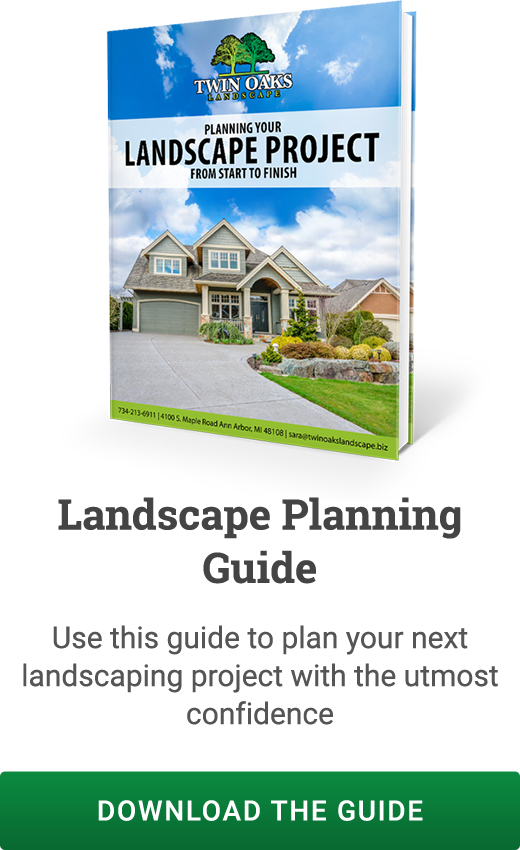March 25, 2014
In real life, there is no such thing as a garden that is completely free of all pests and diseases. From fungal infections to beetles and deer, there is a long list of potential enemies that have your garden set as their target. By implementing a few tips, however you can significantly reduce the risk posed by these threats to your garden. The following tips can help ward off hazards to your garden.
Creating Barriers
There are a number of protective barriers you can put up so as to raise the security of your garden.
- Fences – the simple fence can be very effective at staving off rabbits, dogs and other medium-sized pests.
- Row covers – lightweight sheets of fabric that cover plants while still allowing light to pass through.
- Cloches – a temporary cover sized and shaped to fit a single plant row or plant.
- Cutworm collars – these night- 2 to 3 inch collars that go into the soil around the base of vulnerable plants. Protects against night crawling pests
- Netting – Bird netting used to protect berries and tree fruit against winged predators
Picking Disease-Resistant Plants
This can be critical for gardeners in taking control over their garden. By picking disease resistant plant varieties to begin with you can thwart many potential diseases at the onset. Plants that have a powdery appearance on the leaves may already have infection so it’s important to know what you’re purchasing when looking for new plants to introduce into your garden.
Create Space
By creating a healthy amount of space in between plants you provide more room for plants to dry. This clears up moisture that can accumulate and feed fungal infections that need moisture to grow and spread. After rain, plants that are spaced together closely don’t dry as fast. The more humid the environment, the more space they will need.
Removed Diseased Plants
Check the plants in your garden frequently and search for signs or symptoms of disease. Dead plant material should be removed regularly and discarded. Make sure not to add diseased plants to your compost pile as that will reintroduce infection into your gardens in the future.
Crop Rotation
Some disease-causing organisms will overwinter in the soil under a vulnerable plant where they reproduce. Vegetable plants are especially susceptible to this problem. If you want to keep such diseases at bay, change up the area where you grow particular crops yearly. This helps to keep the soil fertile in addition to warding off said organisms.
Nontoxic Insect Sprays
There are insecticidal sprays made of soap which work with moderate success in preventing damage by many types of pests. It is non toxic and won’t harm plants, people, animals or the environment. You can find these sprays at most garden centers.
These are just a few things you can do to help increase security for your garden.
Gallery
“We recommend Twin Oaks to any entity looking for a full-service, talented, and responsive provider.”

